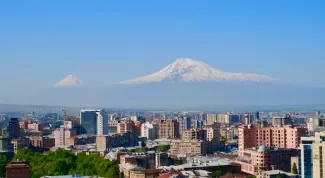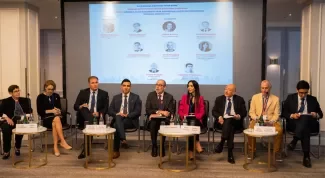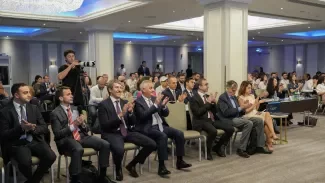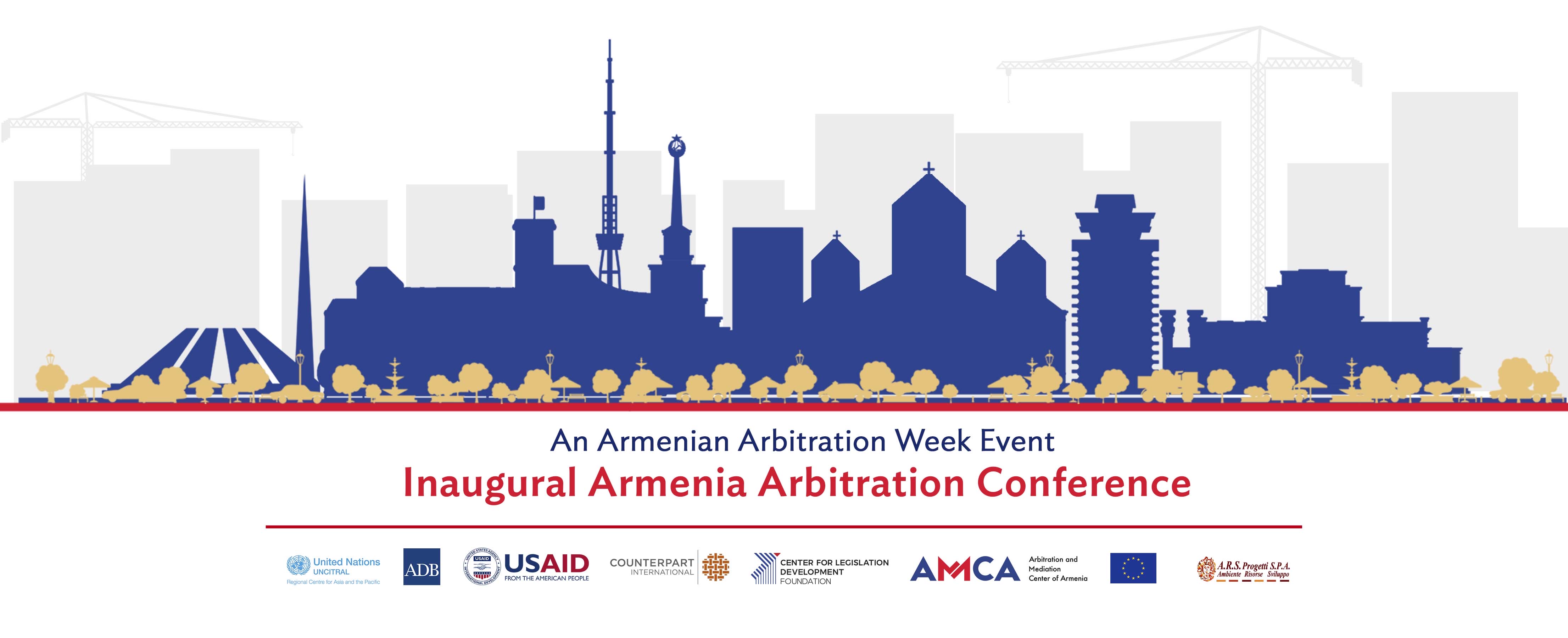
Inaugural Armenia Arbitration Conference
International arbitration has emerged as the favored avenue for resolving cross-border commercial disputes. Its appeal lies in the certainty it offers compared to the complexities of national court systems. Parties involved in international transactions often opt for arbitration due to the autonomy it grants them in managing risks. They value the flexibility to select a neutral forum, impartial experts as arbitrators, and the freedom to determine the procedural rules and governing law. The private nature of arbitration proceedings safeguards sensitive business information, providing a confidential environment for dispute resolution. Moreover, arbitration tends to be more cost-effective and time-efficient than litigation. Perhaps most importantly, the finality of arbitration awards, coupled with their enforceability in over 170 countries, provides businesses with a robust mechanism for dispute resolution.
The Inaugural Armenia Arbitration Conference convened a global assembly of commercial arbitration experts, including government officials, policymakers, industry leaders, academics, and legal practitioners. This landmark event also served as the platform for launching the Arbitration and Mediation Center of Armenia (AMCA). Attendees explored strategies for enhancing business confidence in Armenia by establishing a world-class international commercial arbitration dispute resolution regime through AMCA. The conference also delved into the spectrum of disputes prevalent in the region and globally, while examining the latest developments shaping the international arbitration landscape.
Opening Remarks
Affiliations and positions indicated are as of conference date (4 September 2023).
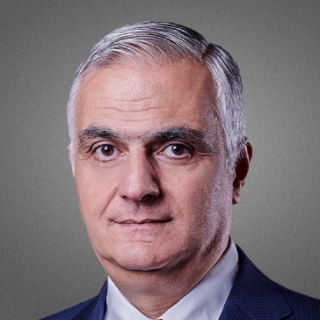
Mher Grigoryan
Deputy Prime Minister, Republic of Armenia
Mr. Mher Grigoryan emphasized the importance of developing alternative dispute resolution methods in Armenia to alleviate the strain on the judiciary. He underscored the need to increase public awareness of these methods through platforms such as the Inaugural Armenia Arbitration Conference.
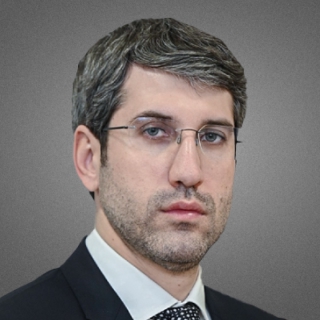
Grigor Minasyan
Minister of Justice, Republic of Armenia
Mr. Grigor Minasyan emphasized the crucial role of arbitration and mediation in Armenia's strategic reforms. The government has undertaken significant legislative changes to promote alternative dispute resolution methods in the country. The establishment of AMCA marks a pivotal step in these reform efforts.
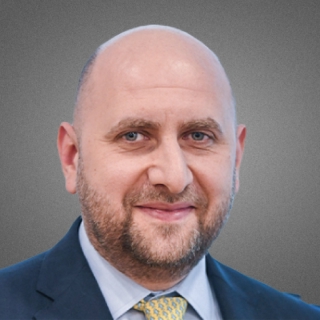
Martin Galstyan
Governor, Central Bank of the Republic of Armenia
Mr. Martin Galstyan underscored the vital need for swift and flexible alternative dispute resolution (ADR) mechanisms in today's complex, global business environment. He emphasized that this conference marks a crucial step in Armenia's journey to establish a strong ADR framework. Mr. Galstyan expressed optimism that AMCA will contribute to building trust and confidence in alternative dispute resolution.
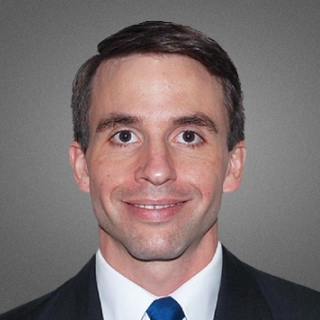
Don Lambert
Country Director, Armenia Resident Mission, Asian Development Bank (ADB)
Mr. Don Lambert outlined the Armenian legal system’s current challenges, which include a growing caseload, operational inefficiencies, and a shortage in judicial officers. He suggested that implementing alternative dispute resolution methods could help address these issues.

Frank Hess
Head of Cooperation, Delegation of the European Union to Armenia
Mr. Frank Hess discussed the potential repercussions of countries refusing to uphold arbitral awards. He expressed hope that Armenia would steer clear of difficulties related to alternative dispute resolution.
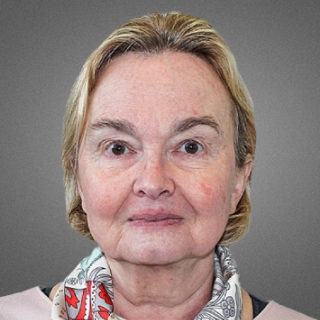
Anna Joubin-Bret
Secretary, United Nations Commission on International Trade Law (UNCITRAL)
Ms. Anna Joubin-Bret emphasized that dispute resolution and arbitration have been core priorities for UNCITRAL. She further underscored UNCITRAL's commitment to support ongoing efforts to achieve universal participation in the New York Convention, which has secured the backing of more than 170 states.
Keynote Address
Affiliation and position indicated are as of conference date (4 September 2023).
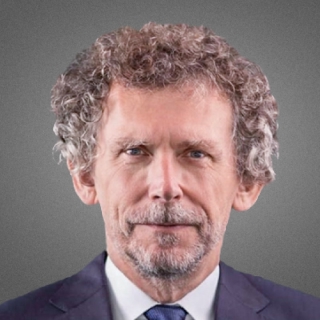
Gary Born
Chair, International Arbitration Practice Group, Wilmer Cutler Pickering Hale and Dorr LLP
Mr. Gary Born emphasized the paramount importance of upholding the rule of law in both international commerce and the broader global arena. He asserted that a robust international dispute resolution system grounded in the rule of law is essential for attracting investment. The appeal of international commercial arbitration as a dispute resolution method stems from its provision of expertise, speed, efficiency, impartiality, enforceability, and ease of communication through electronic platforms.
Session 1: Armenia as an Investment Hub: Promoting Investor Confidence Through Arbitration
Affiliations and positions indicated are as of conference date (4 September 2023).
The panelists explored arbitration's role in stimulating economic growth and attracting foreign investment. They analyzed Armenia's existing legal structure, the government's investment attraction initiatives, and the potential impact of an arbitration center on the country’s development.
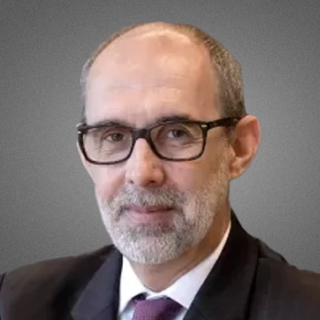
Moderator: Damien Eastman
Deputy General Counsel, Asian Development Bank (ADB)

Jordi Paniagua
Professor of Economics, University of Valencia
Professor Jordi Paniagua highlighted the crucial role of a robust and effective international arbitration legal framework in attracting foreign direct investment (FDI). He presented data demonstrating the relationship between FDI, geographic distance, economic size, and contractual friction.

Hovsep Patvakanyan
Head, Investment Council of Armenia
Mr. Hovsep Patvakanyan identified the four primary considerations for investors contemplating investment in a country: market potential, talent availability, bureaucratic efficiency, and tax policies. He further elaborated on Armenia's current initiatives aimed at attracting foreign investors.
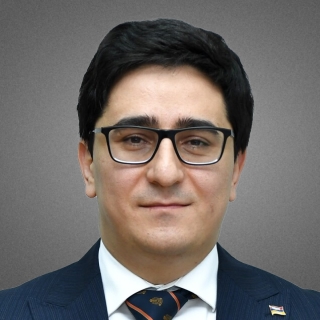
Yeghishe Kirakosyan
Representative of the Republic of Armenia on International Legal Issues
Mr. Yeghishe Kirakosyan emphasized that the creation of AMCA enhances Armenia's appeal as an arbitration destination and promotes the growth of alternative dispute resolution methods. This positioning establishes Armenia as a regional center for resolving disputes, including those involving foreign investors.
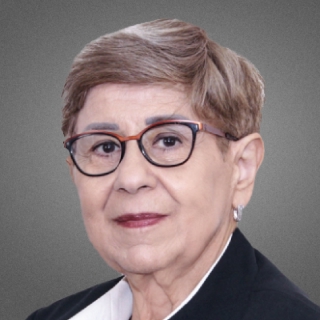
Aida Avanessian
Lecturer, American University of Armenia and French University of Armenia
Professor Aida Avanessian provided an overview of the legal framework governing arbitration in Armenia. She further addressed the enforceability of arbitral awards in the country.
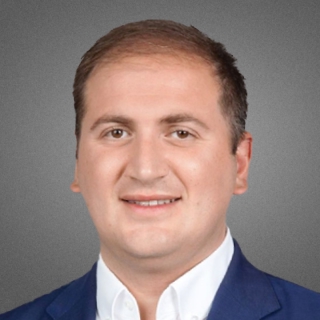
George Svanadze
Partner, MG Law, and Managing Partner and Head of Litigation Practice, Andersen Georgia
Mr. George Svanadze offered perspectives on potential areas for cooperation within the realm of international arbitration across the region. He also suggested opportunities for both collaboration and constructive competition between the Georgia International Arbitration Center (GIAC) and AMCA.

Sergey Brutyan
Managing Partner, Schultze, Brutyan and Partners
Mr. Sergey Brutyan discussed the consequences of the ongoing Russia-Ukraine conflict on international commercial arbitration and its potential implications on Armenia's arbitration development. He proposed that AMCA could provide a viable solution to the challenges arising in arbitration cases involving Russian parties.
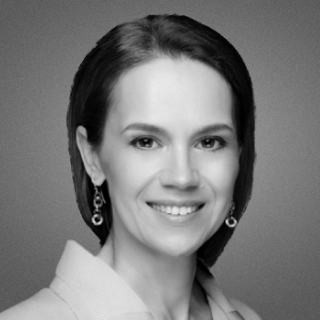
Galina Zukova
Partner, ZUKOVA Legal
Ms. Galina Zukova provided valuable insights on how aspiring international arbitrators could further develop their expertise. She highlighted the value of collaborating with established arbitration centers to enhance technical proficiency.
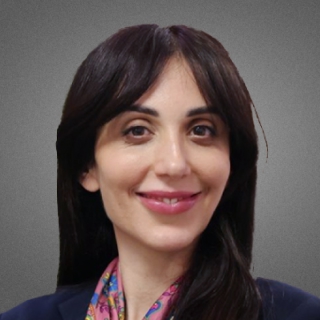
Narine Avetisyan
Senior Investment Officer, Armenia Resident Mission, ADB
Ms. Narine Avetisyan highlighted the role of multinational development banks, such as ADB, in driving private sector growth and enhancing the investment climate in Armenia. She underscored the private sector's pivotal role in fostering Armenia's sustainable economic growth.
Session 2: Launch of the Arbitration and Mediation Center of Armenia (AMCA)
Affiliations and positions indicated are as of conference date (4 September 2023).
The panelists described the establishment of the Arbitration and Mediation Center of Armenia (AMCA). They analyzed key aspects of AMCA's rules, operations, and services offered to disputing parties. The panelists also discussed the essential values for building trust in the institution.
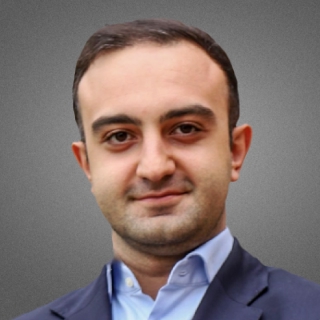
Moderator: Tigran Dadunts
Director, Center for Legislation Development
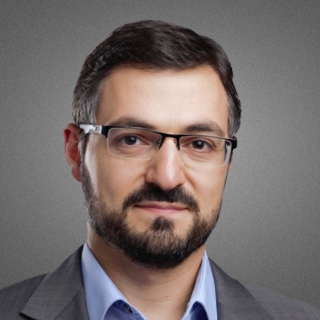
Ara Khzmalyan
Partner, ADWISE Business and Legal Consulting
Mr. Ara Khzmalyan provided an overview of the establishment of the Arbitration and Mediation Center of Armenia (AMCA). Additionally, he emphasized the crucial importance of building trust in arbitration institutions.

Andrea Carlevaris
Partner, BonelliErede
Mr. Andrea Carlevaris stressed the importance of creating a steering committee within an arbitration center. He also underscored the center's need for independence, qualified arbitrators, and robust promotion to attract cases.
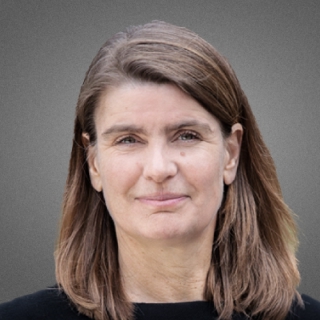
Annette Magnusson
Co-Founder, Climate Change Counsel
Ms. Annette Magnusson shared the results of the 2022 report on operational and optimal models for AMCA. The report analyzed AMCA's mandate, services, governing structures, and the responsibilities of its governing bodies. Ms. Magnusson noted that AMCA’s working rules have evolved considerably since the 2022 assessment.
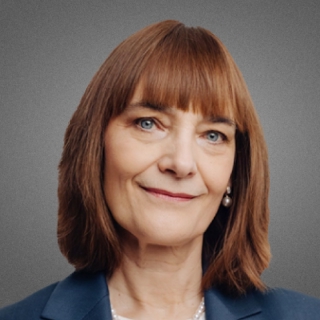
Patricia Shaughnessy
Associate Professor, Law Department, Stockholm University
Professor Patricia Shaughnessy accentuated the importance of maintaining the independence, impartiality, and integrity of an arbitration center. She stressed that the center's structure, governance, and operations must fully embody these principles.
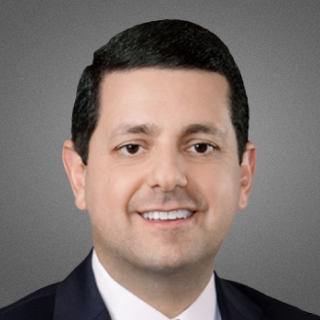
Harout Samra
Representative, Armenian General Benevolent Union, and Co-Founder, Arbitration and Mediation Center of Armenia (AMCA)
Mr. Harout Samra discussed the Armenian General Benevolent Union’s (AGBU) role in establishing AMCA. He also highlighted the impact of arbitration on a country's legal culture, noting that international arbitration practice has evolved towards a global norm. The establishment of AMCA positions Armenia as a full participant in this global standard.
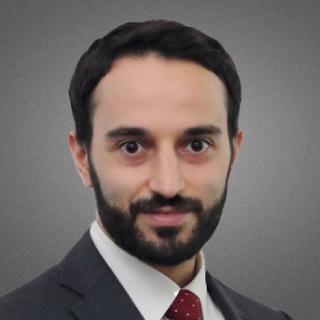
Levon Golendukhin
Representative, Armenian Bar Association, and Co-Founder, AMCA
Mr. Levon Golendukhin described the Armenian Bar Association's (ABA) involvement in AMCA's creation. The ABA expressed satisfaction in participating in this initiative, which perfectly aligns with the organization's goal of fostering a rule-of-law-based society in Armenia.
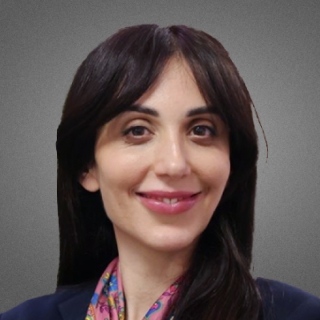
Narine Avetisyan
Senior Investment Officer, Armenia Resident Mission, Asian Development Bank (ADB)
Ms. Narine Avetisyan detailed ADB's in-depth examination of AMCA's future prospects using innovative thinking and foresight methodology for AMCA. The analysis identified three key areas for AMCA's growth: (i) adopting future-proof strategies and policies, (ii) prioritizing strong institutional knowledge management, and (iii) reinforcing consistent skills enhancement.
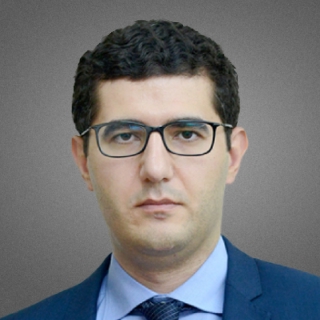
Rafik Grigoryan
Founder and Managing Director, Sigma Law Group
Mr. Rafik Grigoryan traced AMCA's history and development. He underscored the ability of an arbitration center to enhance a nation's legal system, particularly its alternative dispute resolution framework. Furthermore, he highlighted its potential to reduce the burden on the judicial system, a critical issue in Armenia.
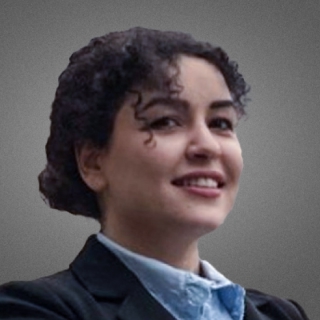
Lilit Petrosyan
Deputy Director, AMCA
Ms. Lilit Petrosyan outlined the key features of AMCA's rules and underlined important factors for potential clients to consider when applying to the center. She noted that AMCA’s arbitration rules were created with input from leading national and international arbitration experts.
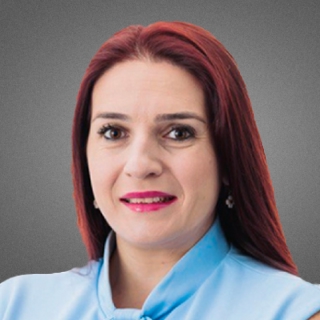
Tatevik Matinyan
Director-Secretary, AMCA
Ms. Tatevik Matinyan presented an overview of AMCA's operations and the services it provides. She emphasized that AMCA’s rules and regulations are grounded in international best practices while also addressing the needs of local businesses and the current conditions in Armenia.
Session 3: Construction and Mining Disputes
Affiliations and positions indicated are as of conference date (4 September 2023).
The panelists examined the complex challenges facing the construction and mining industries. They also addressed the role of arbitration in facilitating dispute resolution in these sectors.

Moderator: Franz T. Schwarz
Vice Chair, International Arbitration Practice Group, Wilmer Cutler Pickering Hale and Dorr LLP
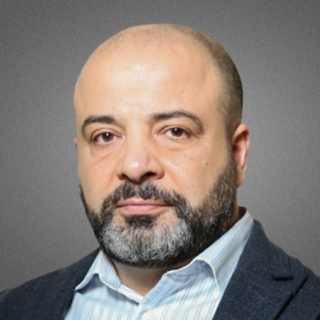
Karen Arustamyan
FIDIC Certified Contract Manager – Construction Contract Management and Tender Expert, Technocrat Legal
Mr. Karen Arustamyan delved into the Armenian construction market, outlining its key characteristics. He shared his perspectives on the primary obstacles currently confronting the Armenian construction industry and offered potential solutions to overcome these challenges.
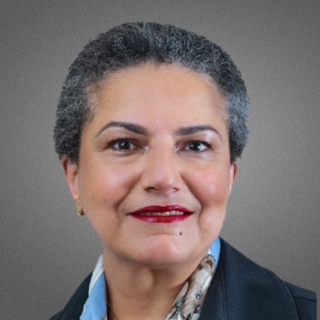
Aisha Nadar
Vice Chair, ICC Commission on Arbitration and ADR, Advokatfirman Runeland
Ms. Aisha Nadar highlighted the unique characteristics of the construction industry. Acknowledging the sector's propensity for disputes, she emphasized the importance of incorporating multi-tiered dispute resolution provisions into construction contracts. She argued that this approach is crucial for project success because it facilitates early identification and resolution of issues.

Julian Cohen
Head of Chambers, Resolution Chambers
Mr. Julian Cohen outlined the necessity of implementing a construction arbitration process in Armenia. He argued that arbitration accelerates dispute resolution, obviates the need for extensive training of decision-makers, and streamlines the dispute resolution process by narrowing down the issues to be resolved.
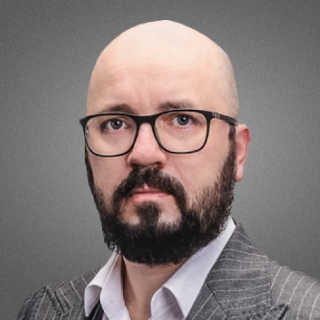
Andrey Artyushenko
Managing Partner, Artyushenko & Partners
Mr. Andrey Artyushenko underscored the importance of construction industry experience for arbitrators. He further highlighted the benefit of arbitration panels that include both a construction engineer and a lawyer.
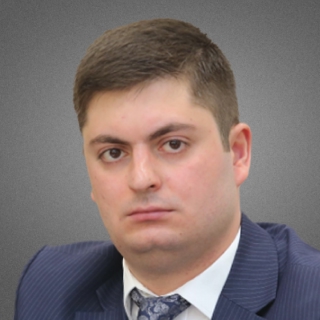
Gurgen Grigoryan
Chairman, Armenian Association of Developers
Mr. Gurgen Grigoryan described the two primary types of construction disputes prevalent in Armenia. He also explained how his organization is actively working to increase awareness among developers about the advantages of arbitration as a dispute resolution mechanism.
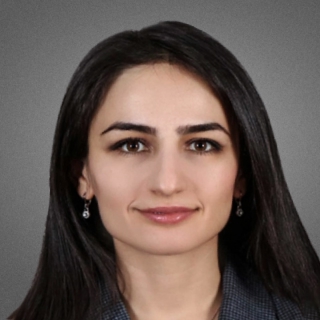
Hranush Aghayan
Co-Founder, Luyser Property Developer
Ms. Hranush Aghayan provided an overview of her firm's experience with construction disputes in Armenia. She highlighted the challenges involved in incorporating arbitration clauses into contracts with counterparties.
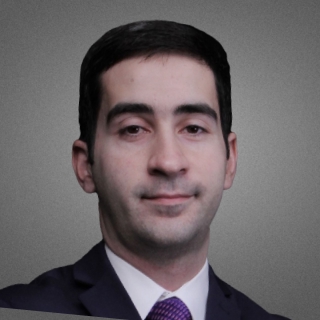
Vanik Margaryan
Partner, AM Law Firm
Mr. Vanik Margaryan provided a comprehensive overview of the challenges encountered in arbitration for construction disputes. He underlined the critical need to bolster confidence in the institutional framework supporting arbitration.
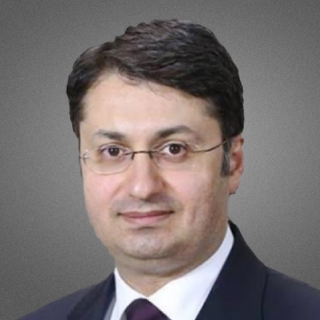
Hayk Hovhannisyan
Managing Partner, HAP Law Firm
Mr. Hayk Hovhannisyan described a successful outcome in an international arbitration proceeding related to a construction dispute in Armenia. He emphasized that while each dispute has unique features and particulars, they all share a common factor: common sense. This should be considered when finding a resolution between the parties involved.
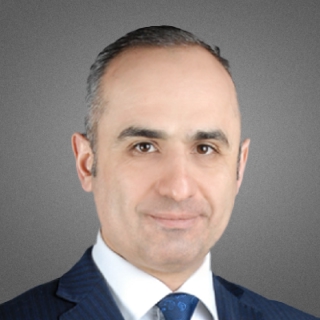
Artyom Geghamyan
Managing Partner, TABIA Legal Solutions
Mr. Artyom Geghamyan presented an overview of the mining industry and discussed its current challenges.
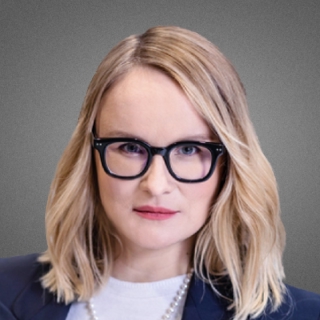
Marina Weiss
Partner, Bredin Prat
Ms. Marina Weiss discussed case typology in the mining industry. She emphasized the importance of a clear and precise understanding of all parties' obligations from the beginning, given the industry's current challenges.
Session 4: Energy and Climate Change Disputes
Affiliations and positions indicated are as of conference date (4 September 2023).
The energy sector is grappling with significant challenges stemming from the pandemic and geopolitical shifts, resulting in market instability and uncertainty. The panelists explored the common types of disputes arising within the sector and the role of arbitration in resolving these conflicts.

Moderator: Christina Pak
Principal Counsel and Team Leader, Law and Policy Reform, Asian Development Bank (ADB)
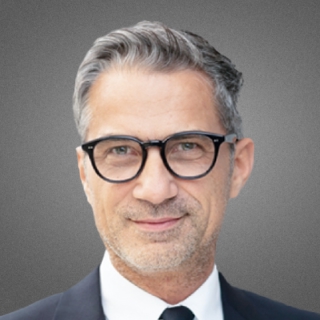
Johannes P. Willheim
Partner, Jones Day
Mr. Johannes P. Willheim outlined common dispute types within the energy sector. He also highlighted key events shaping global energy markets.
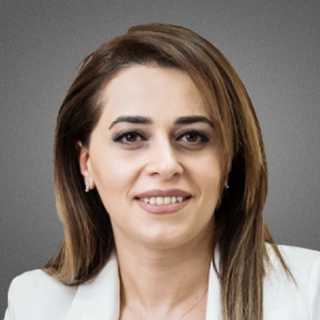
Seda Shahinyan
Commissioner, Public Services Regulatory Commission of Armenia
Ms. Seda Shahinyan presented a detailed summary of the three key areas of focus within the Armenian energy sector. Additionally, she outlined the types of disputes handled by the Public Services Regulatory Commission of Armenia.
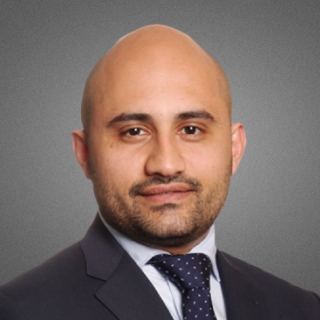
Arik Aslanyan
Partner, Fieldfisher
Mr. Arik Aslanyan discussed arbitration as a viable mechanism to resolve energy disputes and analyzed notable developments in the energy sector.
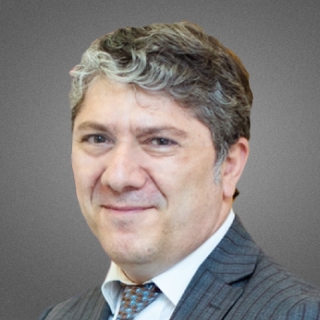
Abgar Budaghyan
Chief of Party, USAID Energy Secure Armenia Program, Tetra Tech
Mr. Abgar Budaghyan explored the potential opportunities of the energy transition and outlined strategies countries can employ to bolster energy security and accelerate the shift to clean energy. He emphasized arbitration as a vital tool in the framework for a successful clean energy transition.
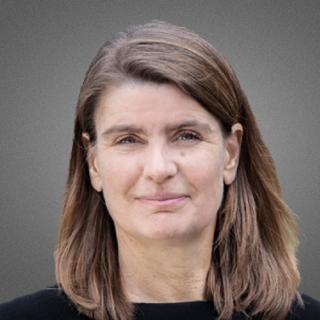
Annette Magnusson
Co-Founder, Climate Change Counsel
Ms. Annette Magnusson conducted an in-depth analysis of the interplay between policy, legal frameworks, and the clean energy transition. She underscored that emerging energy technologies necessitate new policies. She argued that new international agreements, especially those replacing outdated investment treaties, are crucial.
Session 5: Financial Disputes
Affiliations and positions indicated are as of conference date (4 September 2023).
The panelists discussed recent trends and common disputes in the financial sector. They explored how AMCA could be a valuable tool for resolving conflicts within this industry.
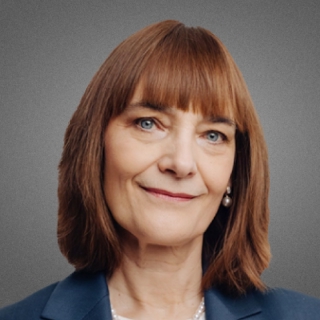
Moderator: Patricia Shaughnessy
Associate Professor, Law Department, Stockholm University
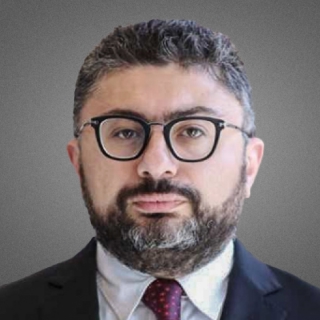
Arman Aloyan
Head, Legal Department, Central Bank of Armenia
Mr. Arman Aloyan outlined the current dispute resolution methods employed in the financial services sector. He expressed confidence in AMCA's ability to become a leading authority in shaping not only arbitration law but also rule of law and the broader legal landscape in Armenia and the region.
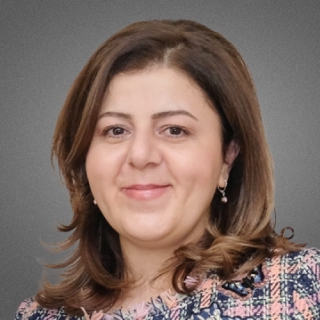
Piruz Sargsyan
Financial System Ombudsperson of Armenia
Ms. Piruz Sargsyan outlined the role and responsibilities of the Office of the Financial System Mediator, an organization tasked with resolving disputes between consumers and financial institutions. She also described the decision-making processes and tools utilized by the office to address the issues brought to its attention.
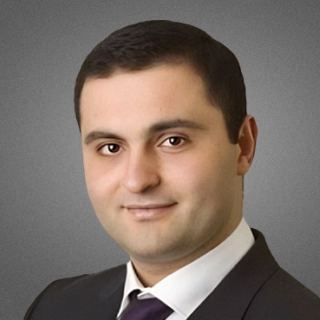
Gor Margaryan
Managing Partner, Legalata Law Firm
Mr. Gor Margaryan analyzed consumer and commercial financial disputes, focusing on arbitration and current practices in Armenia. He also identified key trends within the financial sector.
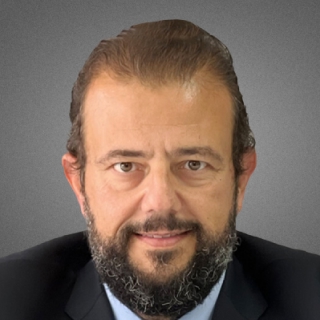
Jirayr Habibian
Managing Partner, Matouk Bassiouny
Mr. Jirayr Habibian discussed banking and finance arbitration within the international context. He emphasized that increased foreign direct investment will lead to a greater demand for financial dispute resolution, and AMCA can be a significant player in this area.

Franz T. Schwarz
Vice Chair of the International Arbitration Practice Group, Wilmer Cutler Pickering Hale and Dorr LLP
Mr. Franz T. Schwarz analyzed the financial industry's evolving stance on arbitration, noting a significant shift from opposition to strong support. He explored the reasons behind this change in attitude among financial sector players.
Session 6: New Developments in Dispute Resolution
Affiliations and positions indicated are as of conference date (4 September 2023).
The panelists explored key aspects of arbitration, such as expedited procedures, the role of technology in streamlining the process, third-party funding, and cross-institutional collaboration. Mediation was also discussed. Finally, the panelists examined how an arbitration center can build credibility.
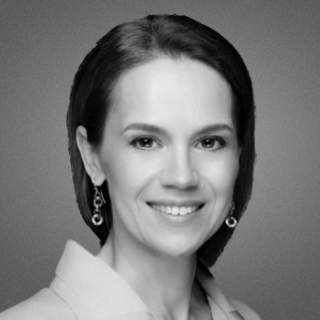
Moderator: Galina Zukova
Partner, ZUKOVA Legal

Thomas Snider
Partner and Head of International Arbitration, Charles Russell Speechlys
Mr. Thomas Snider provided an overview of expedited arbitration procedures. He noted that specific details can differ between institutions but generally involve a single arbitrator and a process completed within three to six months.
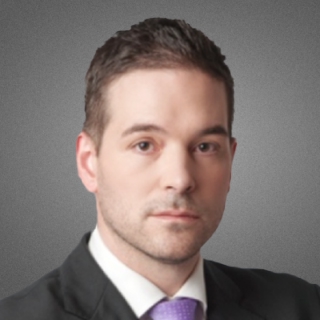
Kevin Nash
Registrar, Singapore International Arbitration Center
Mr. Kevin Nash discussed the application and optimization of artificial intelligence (AI) in international arbitration. He also explored potential obstacles to implementing this technology in arbitration proceedings.
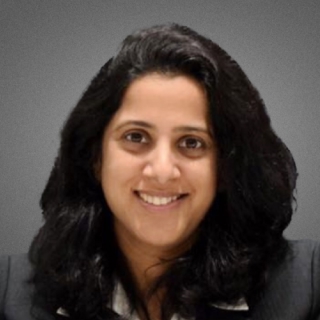
Neeti Sachdeva
Secretary General and Registrar, Mumbai Centre for International Arbitration
Ms. Neeti Sachdeva discussed the use of virtual hearings in arbitration proceedings. She also explored other potential technological applications in arbitration and how parties and tribunals can effectively manage technology in these settings.
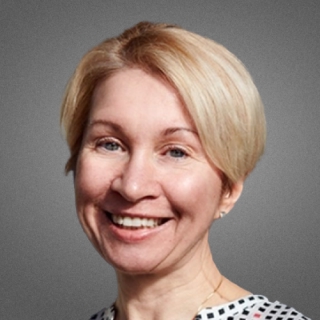
Natalia Petrik
Deputy Secretary General, Stockholm Chamber of Commerce Arbitration Institute
Ms. Natalia Petrik analyzed third-party funding in international arbitration, weighing its benefits against potential risks.
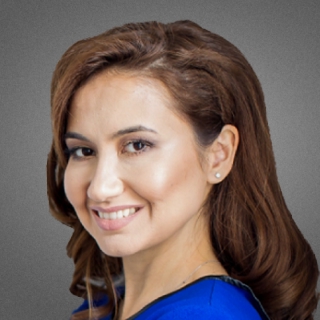
Diana Bayzakova
Director, Tashkent International Arbitration Center
Ms. Diana Bayzakova introduced the Tashkent International Arbitration Centre (TIAC) and its cross-institutional collaboration with other arbitration centers.
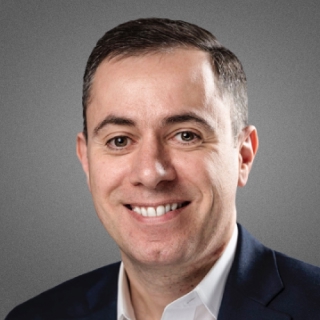
Mushegh Manukyan
International Mediator
Mr. Mushegh Manukyan updated attendees on recent mediation developments and highlighted the benefits of this process.
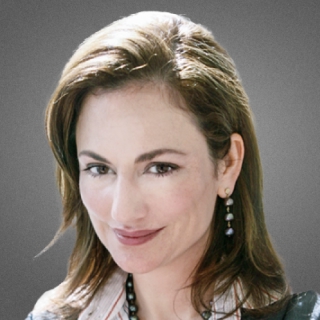
Catherine Rogers
Professor of Law, Bocconi University
Professor Catherine Rogers discussed the importance of establishing an arbitral institution's legitimacy. She emphasized that trust is crucial for attracting business and observed that AMCA has consistently demonstrated its commitment to building a legitimate institution.
